
"This emotion that you feel is actual guidance or communication that comes forth from the inner part of you." Abraham-Hicks
Recently I was sent a link to the Abraham-Hicks website where I fast became hooked on listening to their fascinating audio files. Being a mother of a toddler and baby I seem to constantly be struggling with my children's powerful emotions, and my own. And I often wonder what they are - these passionate feelings we have that are powerful enough to change our whole demeanor. Children are more in touch with them but as we grow up they become less volatile. Our society seems to respect less showing of emotions in adults, which is a good thing I suppose. Yet, we also place value on trusting our instincts and our 'gut feelings'. The dictionary defines instinct as "natural intuitive power". So what is this power?
.
Well, when I heard Abraham-Hicks describing emotions a little light bulb went on for me. Simplifying it I guess emotions are direct communication from my soul. And as a person seeking enlightenment this means that I should therefore take my emotions very seriously.
.
I used to have a wonderful yoga instructor Jana Palm whose classes I hope to take up again when Charlotte is old enough. Once in a meditation she described emotions as being like a team of horses, each horse representing a different emotion which we are tethered to and which pulls us. I quite liked this idea.
.
Neale Donald Walsch describes Five Natural Emotions at http://blog.beliefnet.com/conversationswithgod/2008/02/anger-is-a-gift-from-god.html
I picture these - grief, anger, envy, fear and love - as my five horses! The above link is really interesting to read as it describes each of these 'natural emotions', their purpose and what results if they are repressed in children - depression, rage, jealousy, panic, possessiveness.
.
Trying to find further information on this concept I found this Buddhist page which is different but interesting too... http://www.vipassana.com/meditation/khema/hereandnow/spiritual_faculties.php
The text describes five spiritual faculties and compares them as a team of horses. The lead horse is mindfulness which can go as fast or as slow as it likes. The two following pairs have to follow and be in balance with each other so the cart does not topple. The first pair needing balance, and that interested me is faith and wisdom, which roughly evaluates to heart and mind. "Our thinking capacity is rationality and logic, which is impaired by our emotionalism, by the reactions to our feelings."
.
At first I was confused reading this as I thought this meant we should not be swayed by our emotions when what I gathered from the Abraham-Hicks audio was quite the opposite. But I read on, and in typical Buddhist fashion it is all about balance. Each of us both has mental and emotional capacities and there is danger if we are polarised either way. "Emotionalism is just as much a danger as thinking without being in touch with one's feelings."
.
The text goes on to describe school debating where we can successfully change views and argue either side with straight forward thinking alone. But it goes on to say that "there is no inherent truth in any opinion, because it's simply linear thinking. However, if these thoughts are connected to our feelings we can no longer debate the opposite side."
.
So, my understanding on emotions now is that they show us our "truths", the trick of which is to temper them with our thinking. The aim therefore is to balance mind and heart - I knew this of course! In typical Buddhist fashion I feel like I've jogged mentally around the block and ended up back where I began!
.
What does this mean to me as a mother? Are my son's emotions so strong because he has not developed mind enough to temper them? And how should I respond to his strong emotions? I guess this is the root of why I am seeking answers here as I'd like to find a meaningful response rather than being frustrated and annoyed as I am a lot lately...





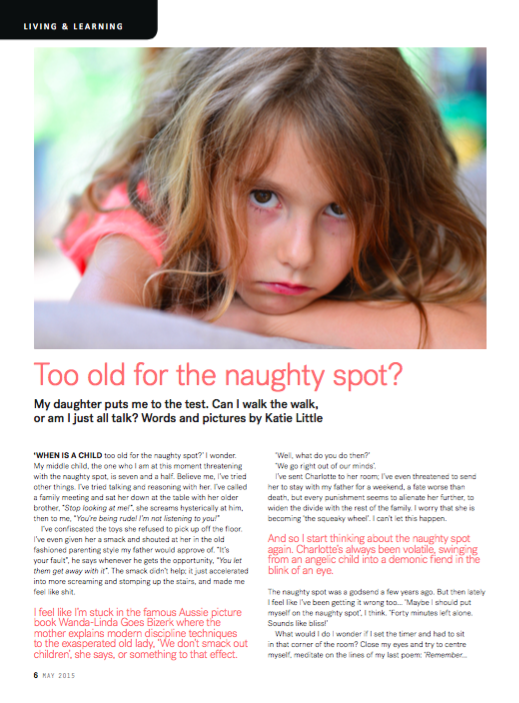


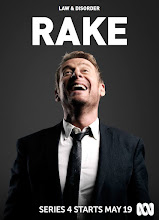

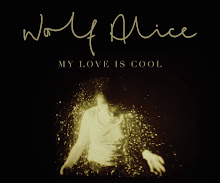
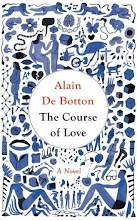





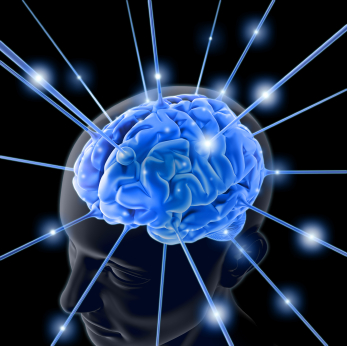
No comments:
Post a Comment